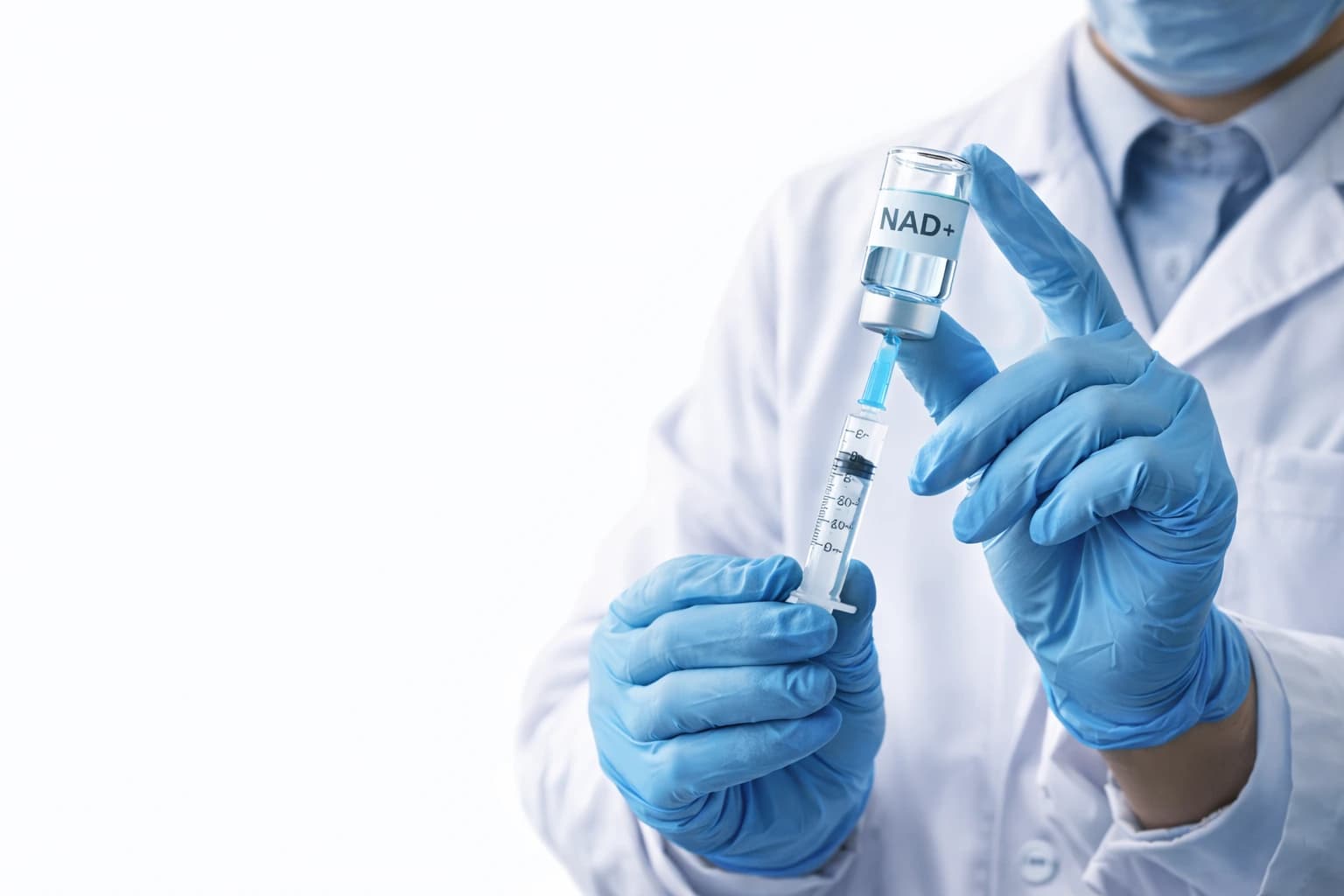If you’ve been exploring supplements for longevity, energy, or overall health, chances are you’ve come across NAD and NAC. At first glance, their names look almost identical—but these two compounds play very different roles in the body. Understanding the difference between NAD and NAC can help you decide which one might support your health goals, whether that’s boosting cellular energy, protecting against oxidative stress, or supporting detox pathways.
Both supplements have generated significant interest in the health community. NAD+ (nicotinamide adenine dinucleotide) is a molecule essential for powering your cells, while NAC (N-acetylcysteine) is best known as a precursor to the body’s most powerful antioxidant, glutathione. Each offers unique benefits, and some people even wonder whether taking NAD and NAC together provides added support.
In this guide, we’ll break down what NAD and NAC are, how they work, their benefits, and where they differ. We’ll also look at the latest research on their safety, possible synergies, and how to choose between NAC or NAD based on your needs.




